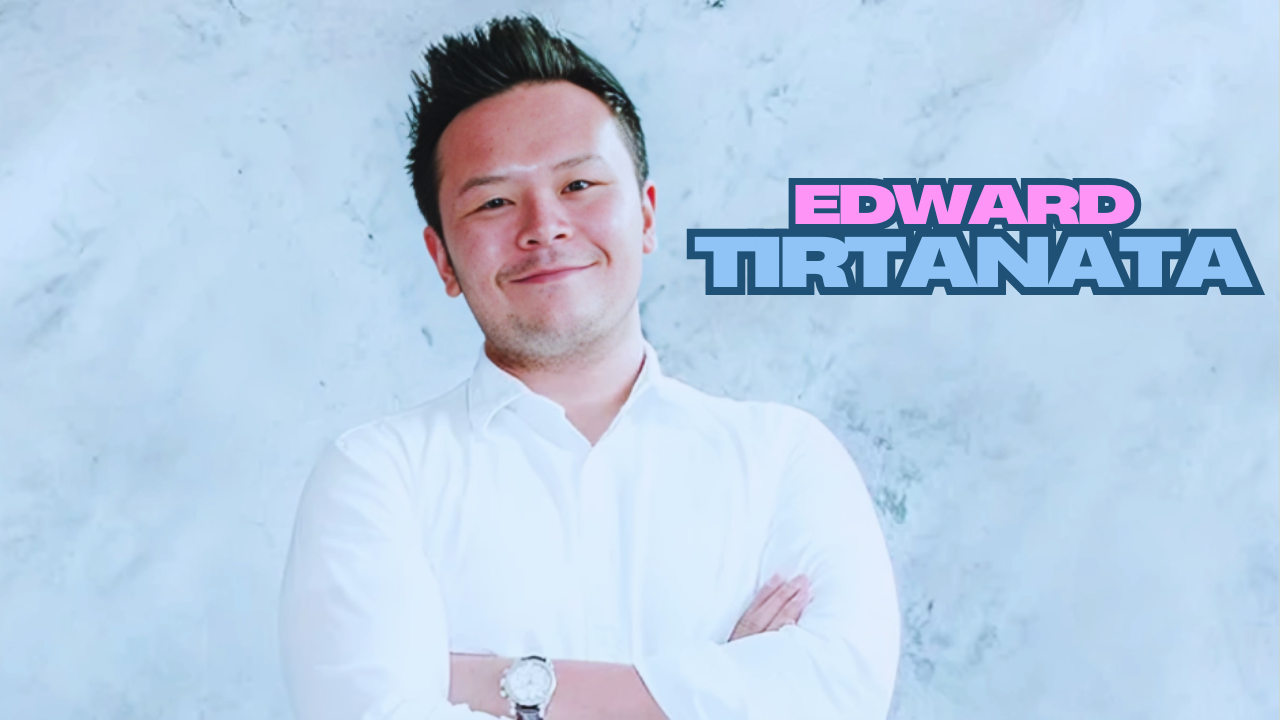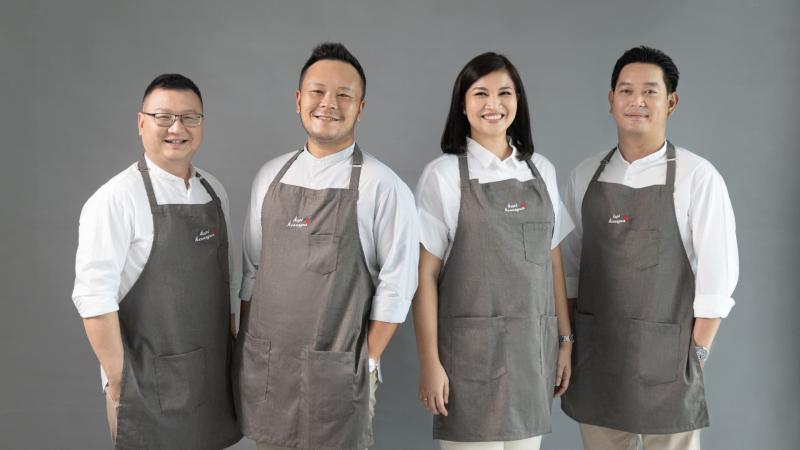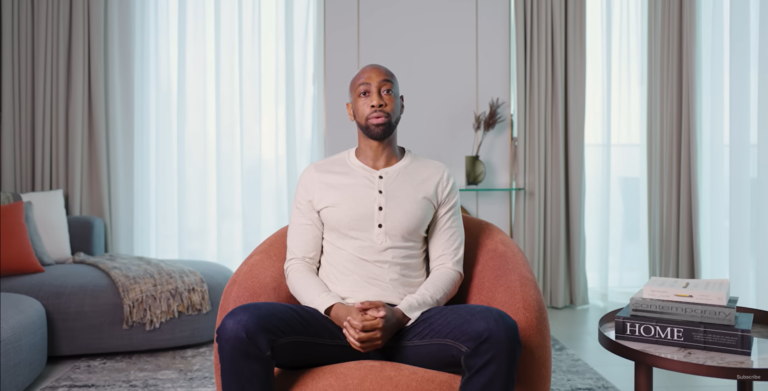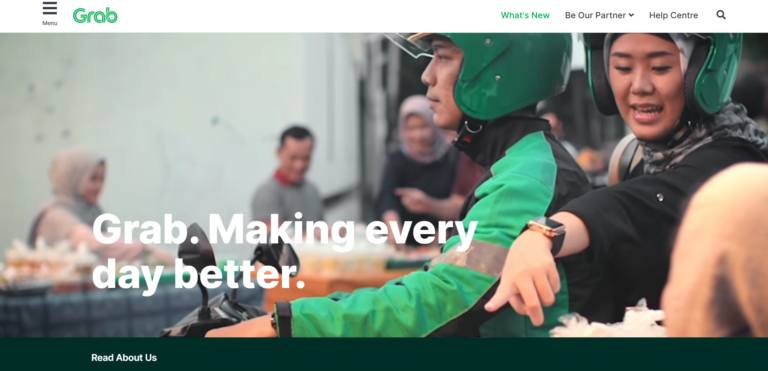From Humble Beginnings to 800 Outlets: Edward Tirtanata’s Kopi Kenangan Success Story

Edward Tirtanata, a 35-year-old entrepreneur, grew up watching his parents enjoy the simple joy of sipping coffee at home. But as he got older, he noticed that coffee culture in Indonesia had become inaccessible to many.
In 2017, Tirtanata and his long-time friend James Prananto decided to change that. Together, they launched Kopi Kenangan with a simple mission: to create a high-quality coffee experience that didn’t break the bank. Starting with just one store in Jakarta, the duo tapped into a sweet spot in Indonesia’s growing coffee culture — affordable yet premium-quality beverages.
Seven years later, their dream has brewed into one of Southeast Asia’s most successful coffee chains, with over 800 outlets in Indonesia, Malaysia, and Singapore. And in 2020, Kopi Kenangan joined the exclusive ranks of unicorn startups, achieving a valuation of over $1 billion.
Here’s how Tirtanata turned a simple cup of coffee into a billion-dollar business.
Finding the Gap in the Market
As a former investment banker, Edward Tirtanata had a knack for identifying business opportunities. He saw a stark divide in Indonesia’s coffee market: expensive coffee chains like Starbucks on one side and low-cost, instant coffee vendors on the other.
“There was no middle ground,” Tirtanata says. “We wanted to create a coffee brand that was affordable yet didn’t compromise on quality.”
The result was Kopi Kenangan, which means “Coffee with Memories.” The name reflected their goal of creating a personal, memorable experience for customers. The flagship product, Es Kopi Kenangan Mantan (“Coffee Memories of an Ex”), was a hit — a refreshing coffee drink sweetened with palm sugar, inspired by local flavors.
Also Read – 5 No-Code Startup Success Stories That Scaled to Millions of Dollars
From One Store to 800

Tirtanata and Prananto opened their first Kopi Kenangan store in a busy Jakarta mall, focusing on takeaway orders to keep costs low. With its affordable pricing (starting at just $1 per cup) and innovative, localized menu, the brand quickly gained traction.
By 2019, they had expanded to over 200 stores and attracted attention from investors like Sequoia Capital, raising $20 million in a Series A funding round. This marked the beginning of their rapid regional expansion.
“We built the business with scalability in mind,” says Tirtanata. “Our operational model, combined with technology, allowed us to grow quickly without compromising quality.”
The Role of Technology
Kopi Kenangan didn’t just rely on good coffee to win over customers — it embraced technology to enhance the customer experience. The company developed a mobile app, enabling online orders and cashless payments. The app also collected user data to personalize marketing and product recommendations.
This tech-savvy approach helped the brand navigate the challenges of the pandemic in 2020, as consumers shifted to online ordering and delivery. Kopi Kenangan’s revenue soared, with delivery sales accounting for a significant portion of its income.
Becoming a Unicorn
In 2021, Kopi Kenangan secured $96 million in Series C funding, led by Tybourne Capital Management, propelling its valuation past $1 billion and earning it the unicorn status.
Tirtanata credits their success to staying true to their mission. “We’ve always focused on being relevant to our audience. Our products are designed for the Indonesian market but with global aspirations,” he says.
Beyond Indonesia
Today, Kopi Kenangan operates in Indonesia, Malaysia, and Singapore, with plans to expand further across Southeast Asia. The brand has also diversified its offerings, adding snacks, merchandise, and even ready-to-drink bottled coffee available in supermarkets.
For Tirtanata, the journey is far from over. “We’re just getting started,” he says. “Our goal is to make Kopi Kenangan a globally recognized brand while staying true to our roots.”
As Kopi Kenangan looks ahead, one thing is certain: Tirtanata’s dream of an affordable coffee culture isn’t just creating memories — it’s reshaping the coffee industry in Southeast Asia and beyond.
More About Edward Tirtanata

Edward Tirtanata, born and raised in Jakarta, Indonesia, always had an entrepreneurial spirit from a young age. Growing up in an entrepreneurial family, he was exposed to various business ventures and learned about the challenges and opportunities of running a business. This early exposure to his father’s entrepreneurial journey greatly influenced his desire to start his own business later in life.
Edward attended Northeastern University in Boston, where he studied finance and accounting. However, things didn’t go according to his original plans. During his freshman year, he received a call from his mother informing him that his father was facing financial difficulties and needed help. This news prompted Edward to accelerate his studies and complete his degree in just three years, so he could return to Jakarta and help his family.
Before founding Kopi Kenangan, Edward embarked on other business ventures. One of his first forays into business was in the tea industry, where he started a tea chain called Lewis and Carroll. However, he soon realized that the market was already saturated, and the business wasn’t profitable. Despite this setback, Edward learned valuable lessons about market demand, scalability, and consumer preferences that would later contribute to his success with Kopi Kenangan.
In 2017, after recognizing a gap in the coffee market in Indonesia, Edward, along with his long-time friend James Prananto, founded Kopi Kenangan. The duo was driven by a shared vision to make high-quality coffee affordable for the average Indonesian, and they saw an opportunity to cater to local tastes in a way that larger, global coffee chains like Starbucks didn’t. Their first store opened in Jakarta, and the brand quickly gained popularity for its local flavors and affordable prices.
Edward’s journey from a young, ambitious entrepreneur to the CEO of a rapidly expanding coffee chain is a testament to his resilience and willingness to learn from his past experiences.






